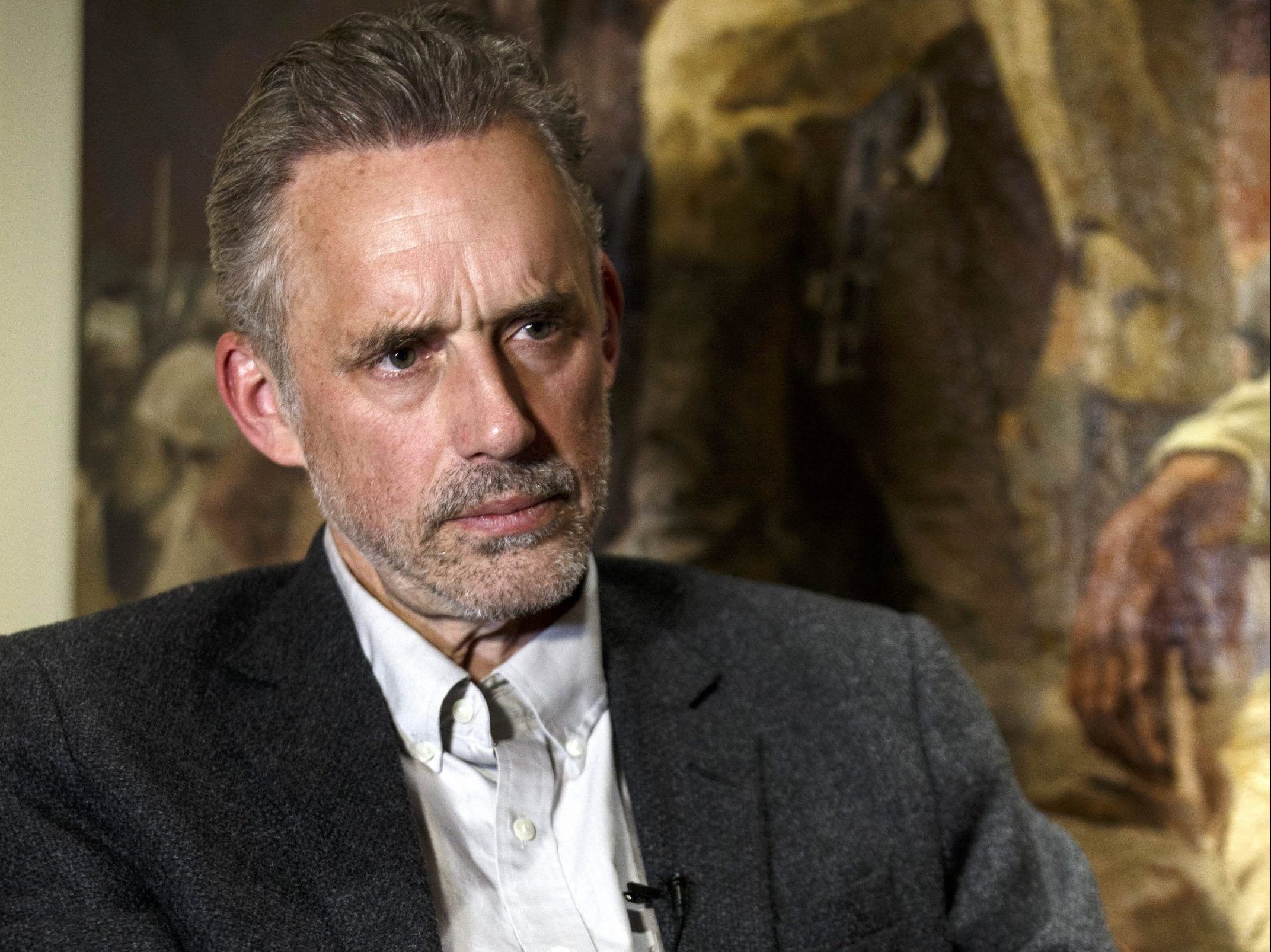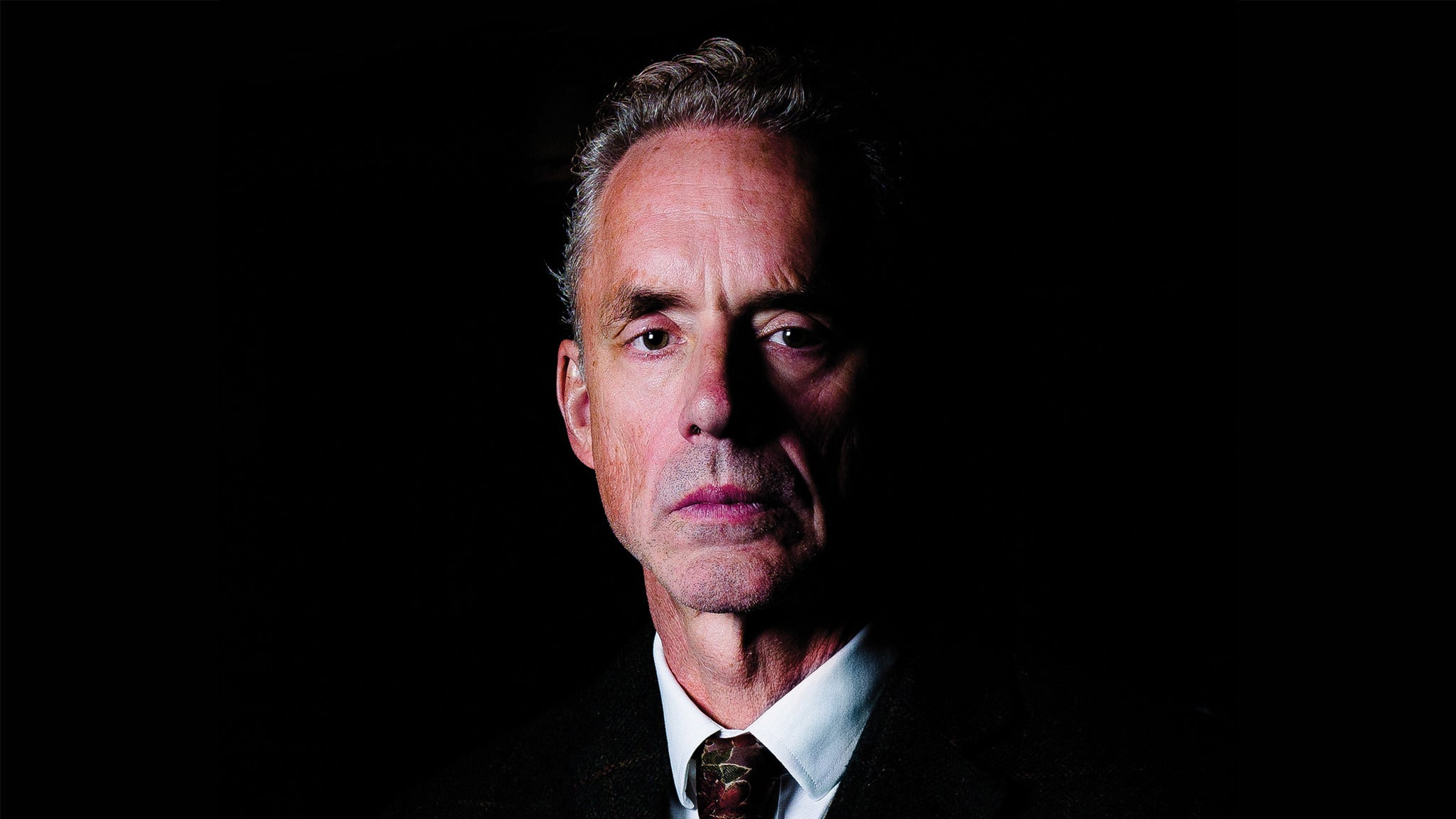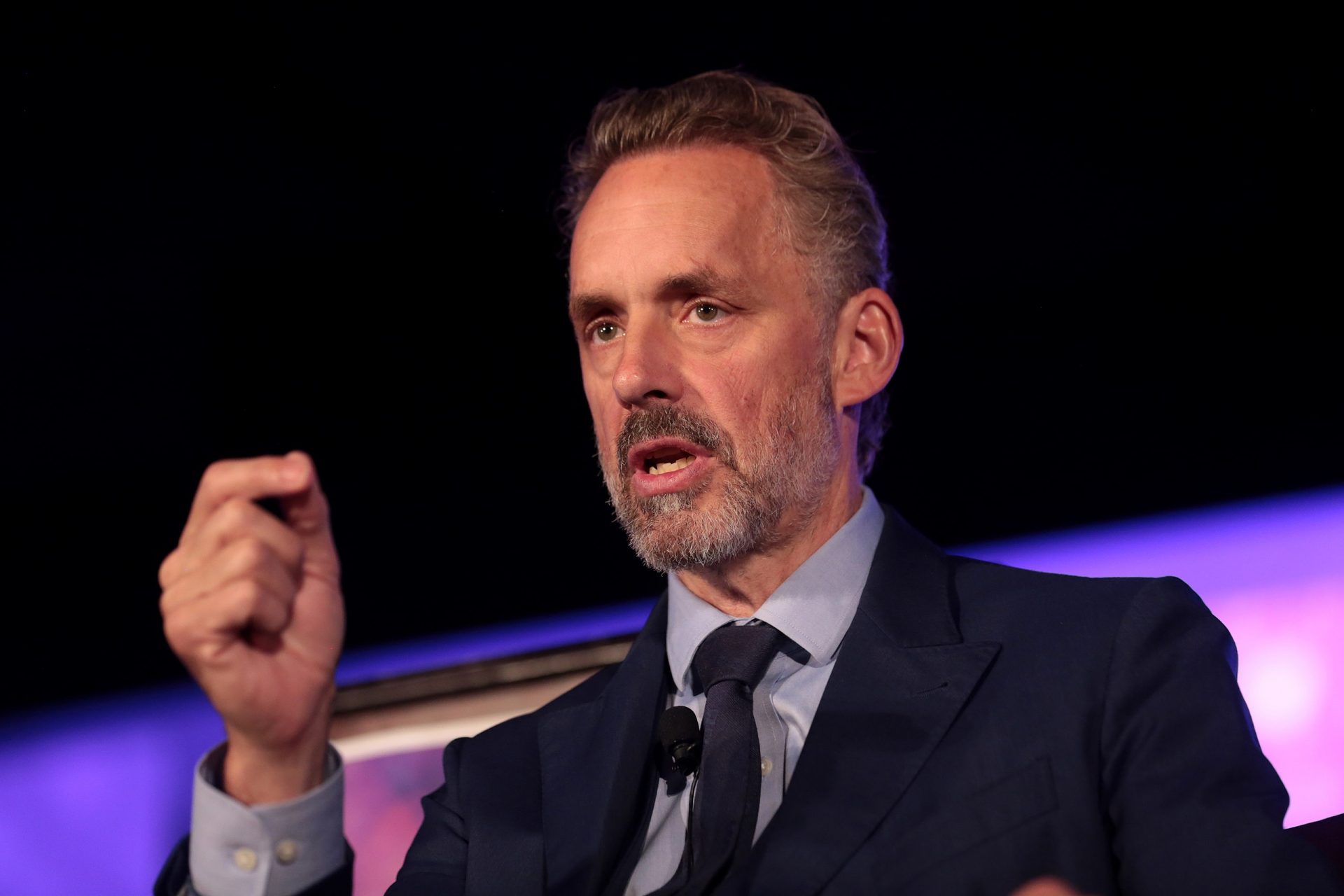Jordan Peterson, a clinical psychologist and professor of psychology at the University of Toronto, has become a polarizing figure in the public discourse. With his thought-provoking lectures and writings, he has amassed a vast following while simultaneously drawing intense criticism. In this comprehensive guide, we delve into the complex world of Jordan Peterson, exploring his controversial ideas and their impact on society.
Born in Canada in 1962, Peterson earned his PhD in clinical psychology from McGill University. He initially worked as a clinical psychologist before joining the faculty at the University of Toronto in 1998. His research focuses primarily on the psychological effects of religious and ideological beliefs.
Peterson's most famous work is his book "Maps of Meaning: The Architecture of Belief," published in 1999. In this seminal text, he argues that human consciousness is characterized by a deep and innate need for meaning and purpose. He explores the various ways in which humans construct meaning systems, including religious beliefs, political ideologies, and personal narratives.
Peterson's philosophy is heavily informed by his belief in the importance of personal responsibility and self-improvement. He advocates for individuals to take ownership of their lives, embrace challenges, and strive for excellence. His famous "12 Rules for Life" offers practical advice on how to confront adversity, find meaning, and live a fulfilling life.
Peterson places great emphasis on the importance of truth and intellectual honesty. He believes that society must value truth above political correctness or ideological dogma. He has been critical of postmodernist and relativistic approaches to knowledge, arguing that they undermine the foundations of rational discourse.
Peterson has become a prominent figure in the free speech debate, particularly on university campuses. He has argued that universities should be places where free and open debate is encouraged, even on topics that may be considered offensive or controversial. His views have drawn both praise and condemnation, with some accusing him of creating a hostile environment for marginalized groups.
Peterson's interest in the psychological effects of religion has led him to explore the role of religious traditions in shaping human consciousness. He believes that religious beliefs can provide individuals with a sense of purpose, morality, and belonging. However, he also warns of the potential dangers of religious extremism and the importance of critical thinking.
Peterson argues that society is facing a widespread "meaning crisis," marked by a sense of nihilism, anxiety, and depression. He believes that this crisis is rooted in the decline of traditional sources of meaning, such as religion and community. He proposes that individuals can find meaning by embracing personal responsibility, facing challenges, and connecting with others.
Peterson's lectures and interviews are characterized by their intellectual depth, provocative ideas, and often acerbic wit. His unique style has resonated with a wide audience, particularly among young men searching for meaning and purpose in their lives. He has been praised for his ability to inspire and motivate, but also criticized for his controversial opinions.
Jordan Peterson remains a highly controversial figure, eliciting both admiration and disdain. His ideas have sparked countless debates and discussions, both online and offline. Whether one agrees with him or not, it is undeniable that Peterson has had a profound impact on the public discourse. By exploring his philosophy and examining his key arguments, we can gain a deeper understanding of the complexities of human consciousness and the challenges facing our society today.
| Idea | Description | Example |
|---|---|---|
| Maps of Meaning | Humans have an innate need for meaning and purpose, which they construct through belief systems. | Religious beliefs and political ideologies provide individuals with a sense of belonging and direction. |
| Responsibility and Self-Improvement | Individuals are responsible for their own lives and must strive for excellence. | Peterson advocates for personal accountability, facing challenges, and setting high standards. |
| Importance of Truth | Truth is essential for a flourishing society. | Peterson has criticized postmodernist and relativistic approaches to knowledge, arguing that they undermine rational discourse. |
| Free Speech and Campus Culture | Universities should be places where free and open debate is encouraged. | Peterson has been vocal in his support for free speech on campus, even on controversial topics. |
| Psychology of Religion | Religious traditions can have a profound impact on human consciousness and behavior. | Peterson believes that religion can provide individuals with a sense of purpose, morality, and belonging. |
| Meaning Crisis | Society is facing a widespread crisis of meaning, rooted in the decline of traditional sources of meaning. | Peterson proposes that individuals can find meaning by embracing personal responsibility and connecting with others. |
| Personal Style and Influence | Peterson's lectures and interviews are characterized by their intellectual depth, provocative ideas, and acerbic wit. | Peterson has amassed a large following among young men searching for meaning and purpose in their lives. |




